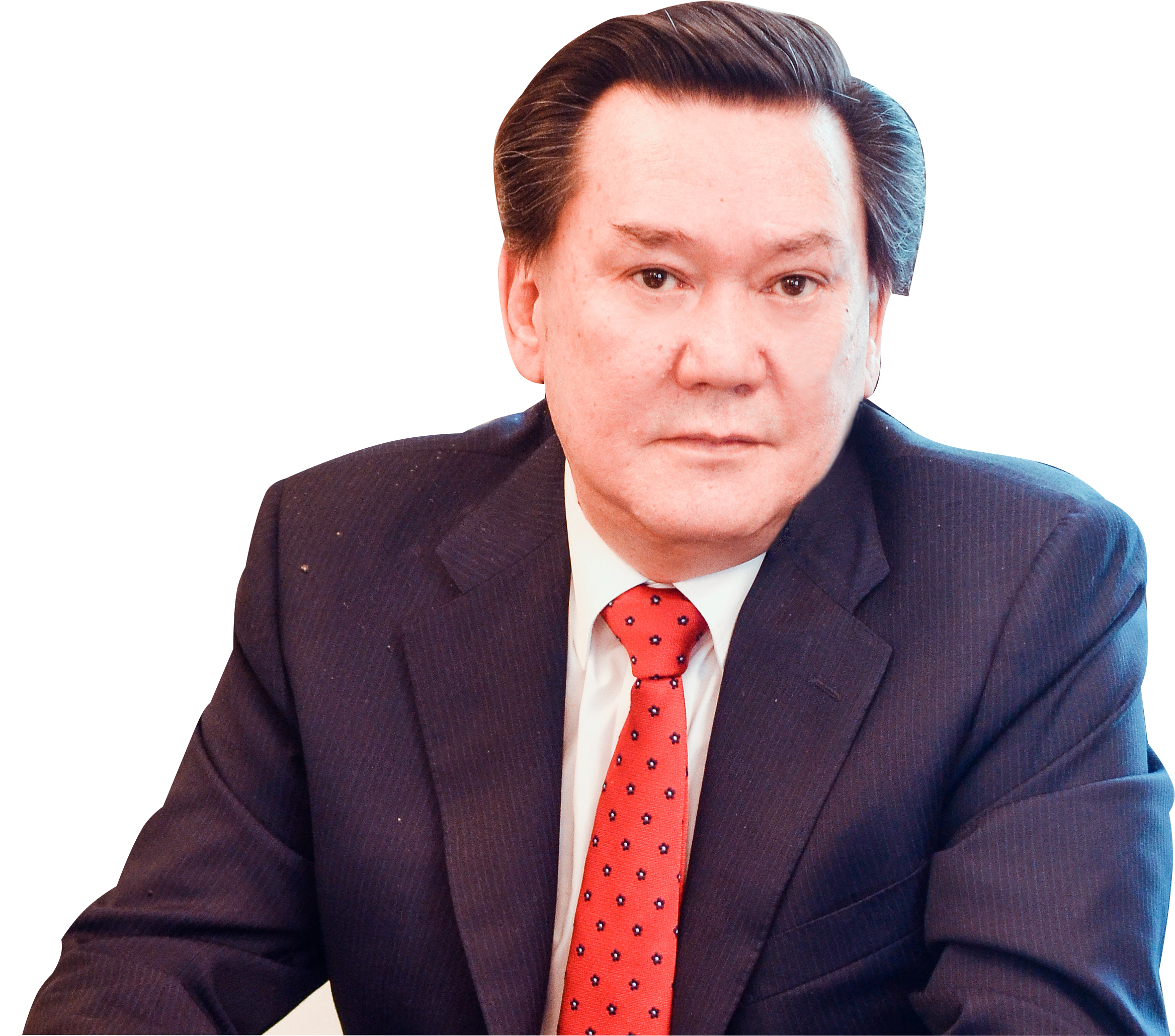Education
Educational and methodical activity of the university is determined by
- Law of the Republic of Kazakhstan “On Education”
- Law “On Languages in the Republic of Kazakhstan”
- Regulatory documents of the Ministry of Education and Science of the Republic of Kazakhstan
- State compulsory standards of higher vocational education on specialties
- Decisions of the Academic Council.
All specialties of the university are provided with State Compulsory Educational Standards of the Republic of Kazakhstan and model plans. Also, all specialties are provided with working curricula for all years of study and model programs of disciplines. Plans have been developed for 4 years (for full-time education), for 4 years for correspondence courses, and for 3 and 2 years for accelerated studies.
The university systematically improves methods of the educational process, allowing to maintain the level of training of specialists in accordance with the requirements of State educational standards and ensuring the quality of professional and practical training of specialists who meet the requirements of a market economy.
Educational activities of the university departments are managed and regulated, first of all, by working curricula. The content of education in the subjects of the departments is regulated by the model and working curricula in the disciplines, state requirements, work plans of the departments and other organizational and regulatory documents.
On the basis of model curricula for all specialties, working curricula were developed and their unification was carried out in order to create optimal study groups and lecture flows in the departments.
The university has developed guidelines for curriculum development and working curricula for disciplines.
The management of educational and methodical work in the university is carried out by the Educational and Methodological Council of the KRIU.
Organization of educational process
The main aspect of the educational and methodical activity is the generalization of the methodological practice of the departments, the organization and management of the educational process in undergraduate and graduate programs:
- Preparation of curricula and programs;
- Introduction of new information computer technologies;
- Development of distance and innovative training systems;
- Increase in the system of advanced training of the faculty and the preparation of future personnel for the labor market.
Studies at the university are held according to the schedule in accordance with the curricula and programs. The schedule is drawn up for the semester. The university adopted a trimester school year for the credit system of education. The schedule is stable and ensures the continuity of the educational process.
Planning of the academic work of the department is carried out in accordance with the curriculum and on the basis of the “Regulations on the planning of the teaching load of teaching staff”. Distribution of academic load among teachers is made in accordance with their qualifications.
Methodical development of the faculty of the university
Serious attention is paid to the publication of literature.
Educational and methodical complexes of the discipline are developed for all readable disciplines in order to improve the quality of training, improve the effectiveness of training activities and submit a set of documents for which the learning process is regulated. ECS is developed by a teacher or a team of teachers of the department, providing reading of the discipline in accordance with the curriculum of training students in the field.
Organization of methodical conferences, seminars and master classes
One of the integral parts of educational and methodical work is the organization and conduct of scientific and methodological conferences, master classes and seminars.
Teachers take an active part in master classes and seminars, which are held according to the work plan of the EMC.
During conferences and master classes, teachers share experiences, new forms of conducting classes, with new technologies and aspects of the organization of educational and methodical work.
While studying fundamental and special courses, the faculty of the university uses new learning technologies. The teachers conduct active forms of education: round tables; debate; disputes; conferences; business games; use audio and video materials; seminars on the participation of students in foreign educational programs. Innovative methods and forms of education in the educational process are also used: project technology of education, method of forming functional literacy, practice-oriented approach, physical culture and health technology.
These methods allow the student to systematize the material, develop his analytical and critical thinking. As part of attending open lectures, young teachers learn from the experience of professors and associate professors, study teaching methods, forms of interactive learning, and innovative forms of learning.
Teachers constantly include in the educational process the results of their scientific work and research, thereby developing today the actual process-integration of science and education

Berdimuratov Temerhan Baybosynovich
Founder of Kazakh-Russian International University, Professor, Doctor of Psychology
Go to page


